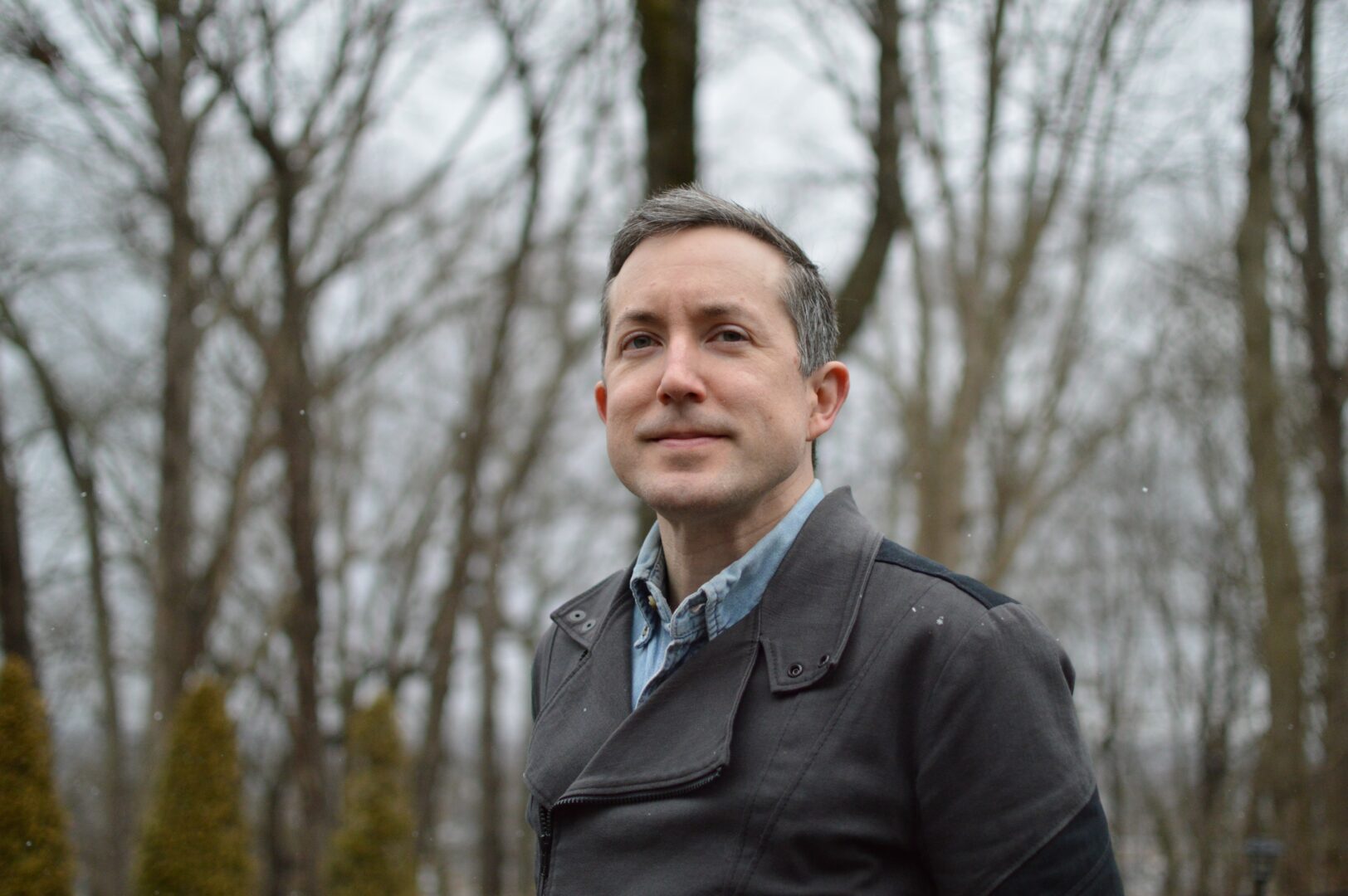We recently connected with Kevin Foye and have shared our conversation below.
Kevin, we’re thrilled to have you on our platform and we think there is so much folks can learn from you and your story. Something that matters deeply to us is living a life and leading a career filled with purpose and so let’s start by chatting about how you found your purpose.
I am drawn to questions like this. I think the need for meaning is such a fundamental human need. As a teenager, I was attracted to the idea of creating bold structures – the kinds of architecture that inspired awe in me looking at them. I think my love of bold orchestra music – think the epic Romantic themes of Star Wars, for example – are woven into the same tapestry of inspiration. I started down the path of becoming a civil engineer, a journey that led me to a bachelor’s, master’s, and Ph.D. in civil engineering. Along the way, I realized that there is a more quiet kind of awe to be found in the vast machinery of civilization. We all need air to breathe, water to drink, food to eat, and structures to live in that are safe and accessible. The how of getting all these things to people and making sure they last takes the combined effort of millions of people. My own corner of that work is protecting water from pollution, especially from waste materials. Thirty years on, it is amazing to think how many lives I’ve touched in collaboration with many of these people. When it comes to clean water, most of the people affected I will never meet. I think that’s where the difficulty in communicating meaning comes in. Something teenage me wouldn’t necessarily seek out. This kind of purpose is realized through reflection and through passionate people educating each other. And curiosity. The other major use of my time is volunteering with the Star Wars costume clubs. The relationships with this group of people are deep. Collectively, we find meaning inspiring fans, especially young fans by bringing these fantastical characters and places to life. It’s a hobby that draws on so many skills, not least of which is crafting props and costumes. It is so gratifying to see that spark of curiosity grow from this work, starting others down a path to explore skills that are applicable to so many endeavors.
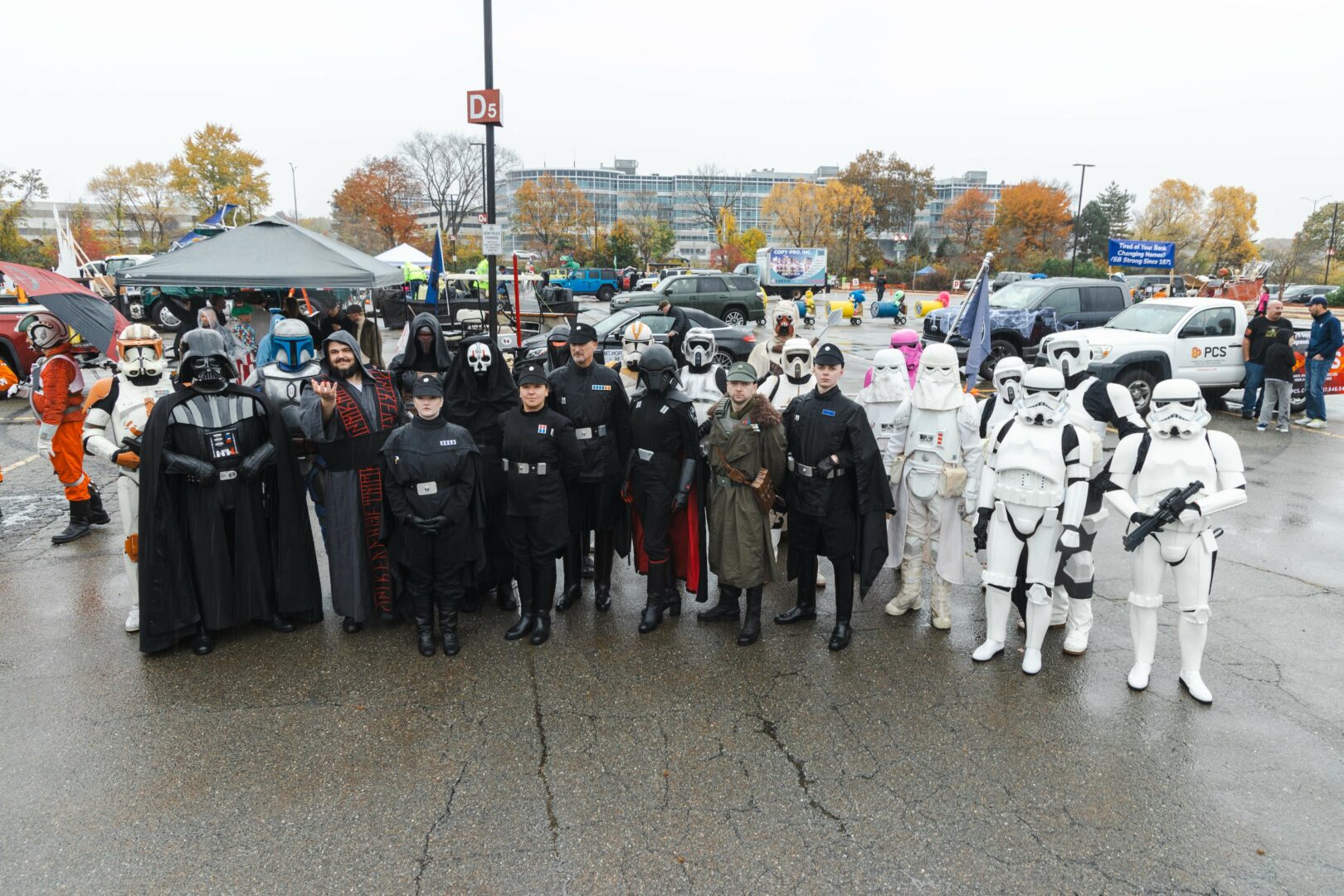
Great, so let’s take a few minutes and cover your story. What should folks know about you and what you do?
I am a consulting engineer in the field of Geoenvironmental Engineering, specializing in waste containment and environmental cleanups. I have worked on dozens of projects all over the world – many of them are visible from space. They are special because they harnessed the technical and creative skill of many different professionals to protect society from harmful chemicals. The part of this work that I love the most is educating people about what we do. While the work itself is very technical, the concepts behind it are accessible to everyone. It is very important to all our health that this work is successful. At any given time, there are public meetings all over the US where professionals like me are required to meet with members of the local community to discuss what they are doing. These meetings are advertised on local government websites, in newspapers, and on local news sites. I encourage anyone reading this article to seek out these meetings and learn about what is happening in their community. Maybe you will be inspired to join in the work!
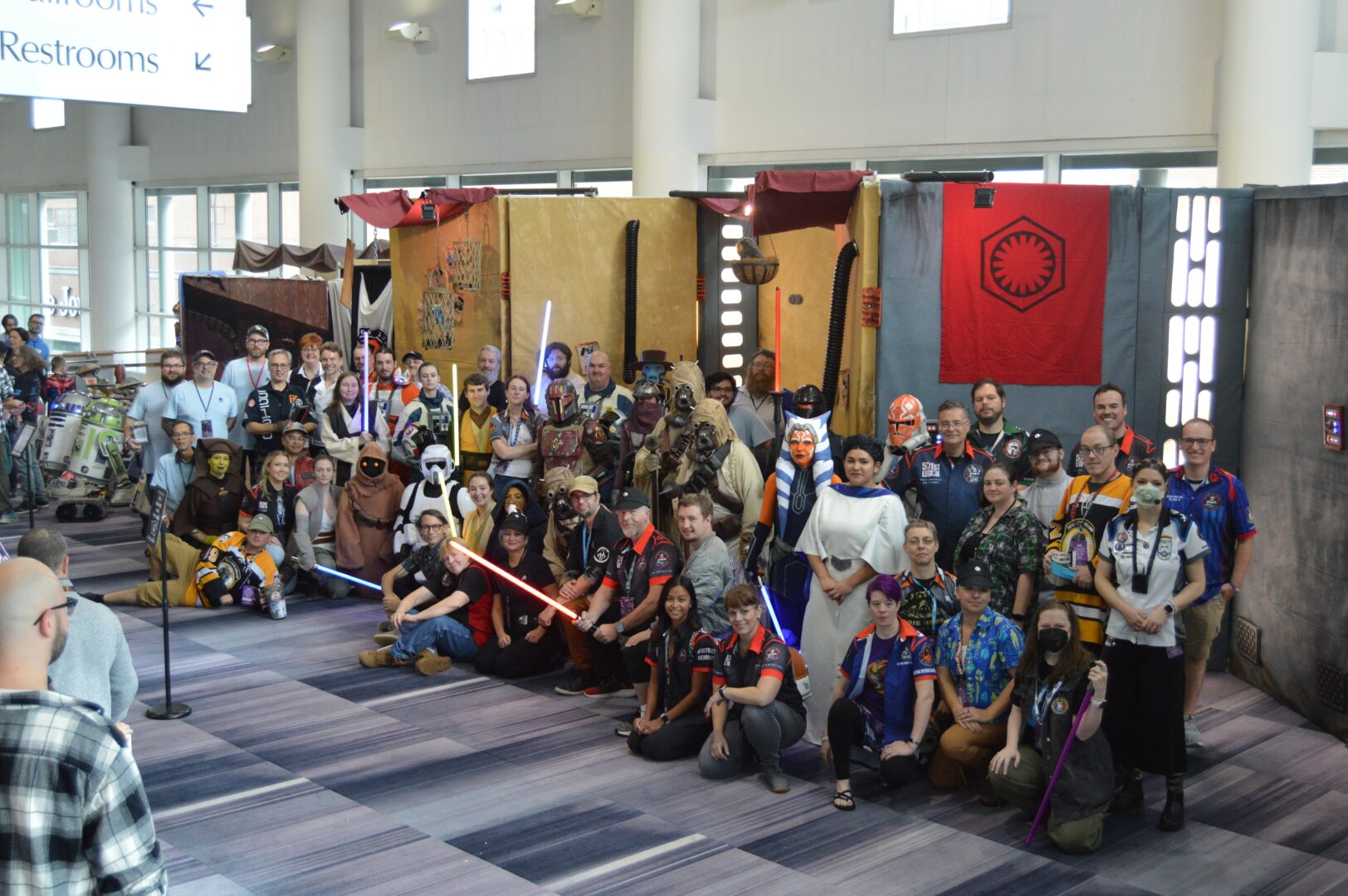
There is so much advice out there about all the different skills and qualities folks need to develop in order to succeed in today’s highly competitive environment and often it can feel overwhelming. So, if we had to break it down to just the three that matter most, which three skills or qualities would you focus on?
I would highlight curiosity as a primary differentiator in an impactful life. It’s the quality I look for the most in candidate professionals. Curious people ask consequential questions and make their work and the work of everyone around them better. I think curiosity is a muscle that we build by practicing noticing and inquiring about things around us. From my own story, I often find myself asking “how did they do that?” when inspired by a particular work. Sometimes a long chain of discovery starts from that question.
Creativity is huge. It’s hard to describe since it’s such an abstract notion. I think we often ascribe creativity to the work of artists and musicians – they are great teachers of creativity! However, I also find inspiration in creativity applied to more everyday pursuits: fixing a broken pipe or explaining something complicated in a simple way. There are so many possible ways to do these things, but the demand of the moment requires a tailored approach. We need to try out different approaches and find what works. For this one, I would encourage people to be ok with trying something that doesn’t work and learn from it. Start small if you need to. But practice.
As an engineer, I am inseparable from math – to the point that I cannot even conceptualize a world without math. I feel like math is inaccessible to a lot of people and that makes me sad. Everything that happens in nature and in society has a mathematical component to it and making sense of it all is helped immeasurably by knowing something about math. To readers who didn’t catch the math bug, I would encourage you to look into it. For those daunted by math the way they’ve encountered it, maybe seek out other examples. Find people who math and learn from them.
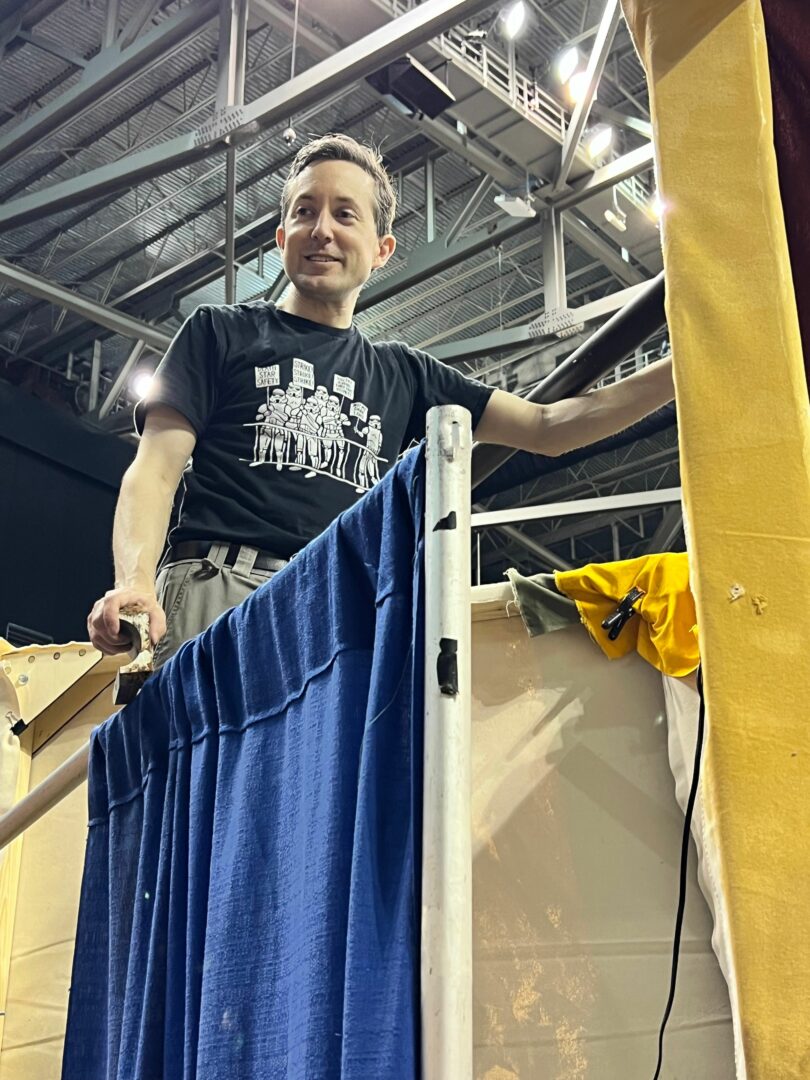
What is the number one obstacle or challenge you are currently facing and what are you doing to try to resolve or overcome this challenge?
The number one challenge I face right now is finding someone to hand off my work to. This is a universal story. Any organization that I can think of needs successors. We won’t be doing what we’re doing right now forever. We always need new people. The challenge is that successors need investment, they require risk taking. I am working right now to learn how to delegate in a way that is both responsible to my professional obligations and also challenges people to grow. It is a delicate balance. One that requires creativity. I get it wrong a lot. I’ve got it wrong many times over the last twenty years. I am looking to colleagues for good examples of getting it right to learn and improve.
Contact Info:
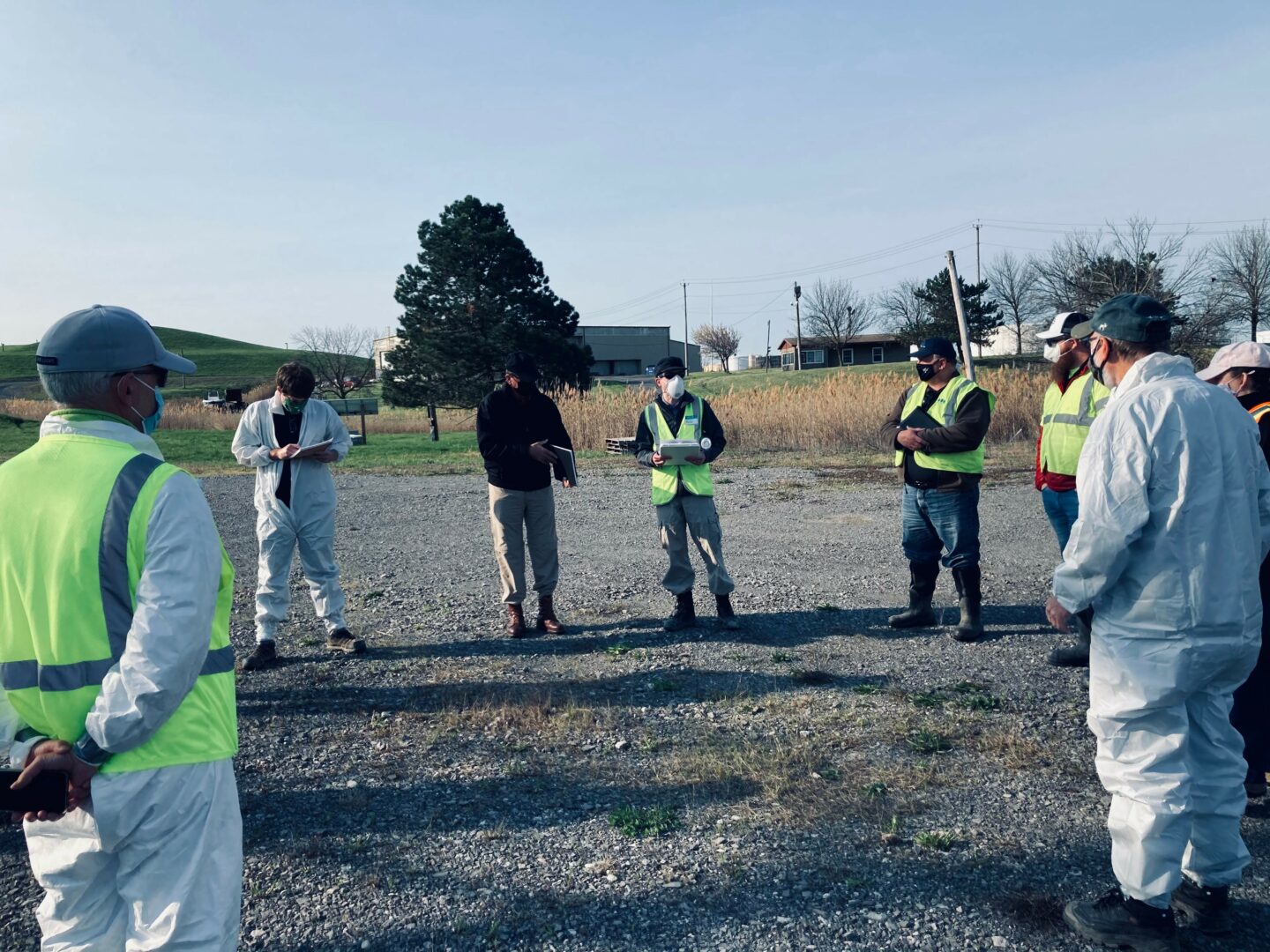
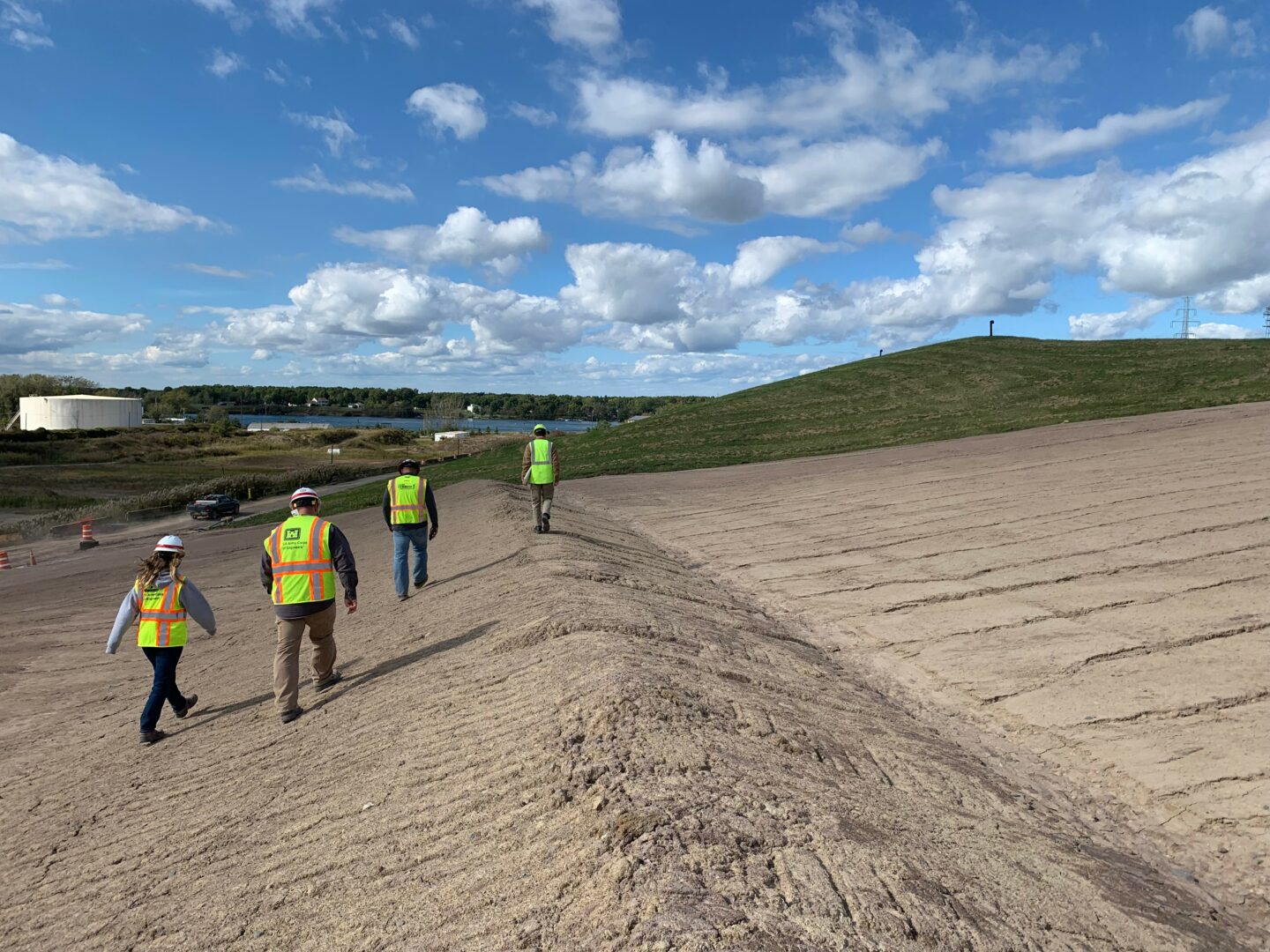
so if you or someone you know deserves recognition please let us know here.

